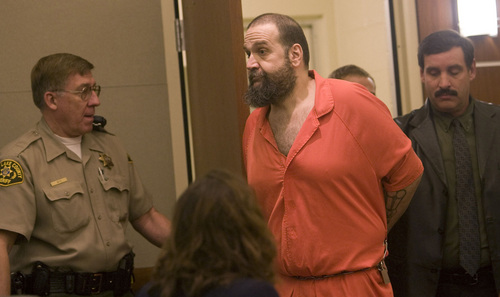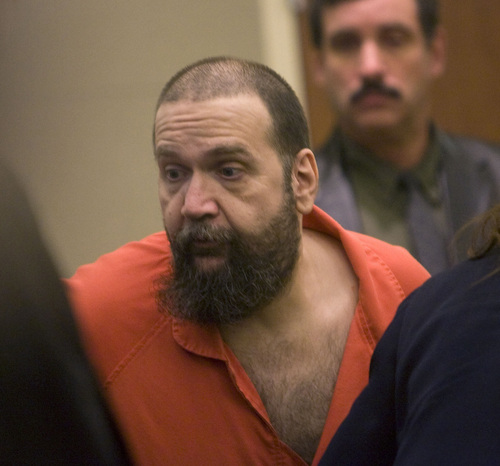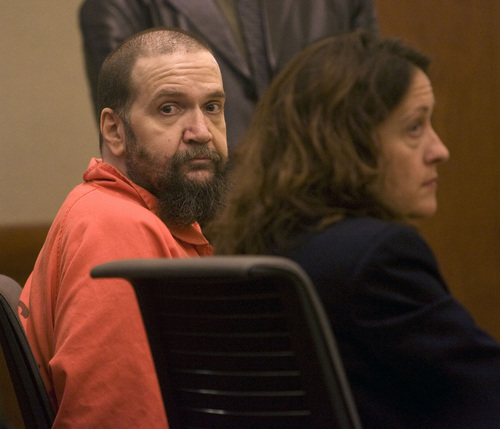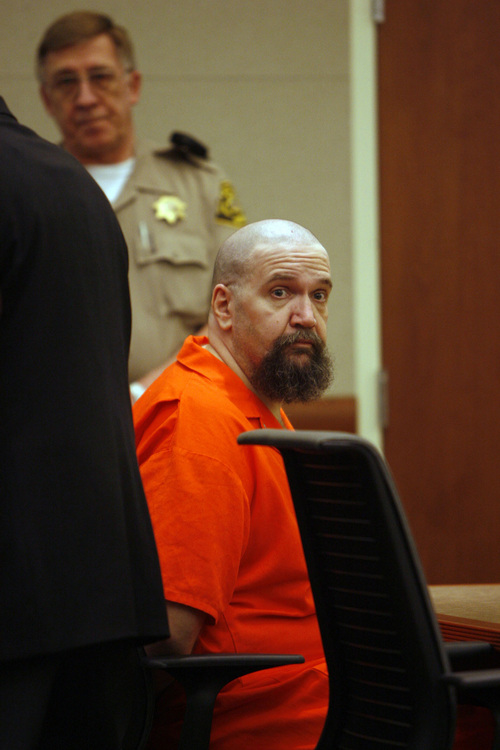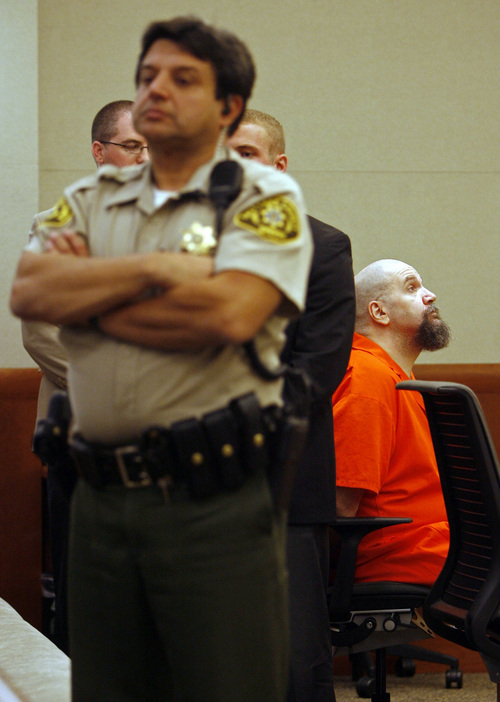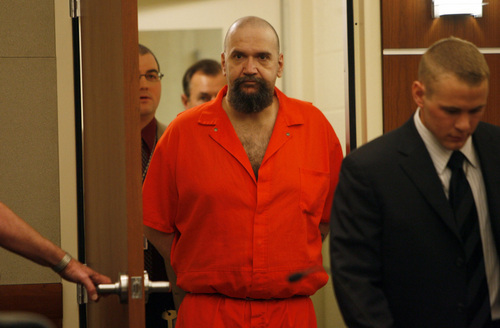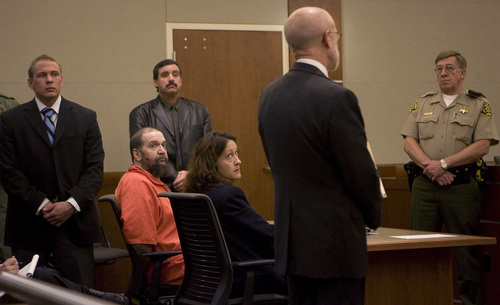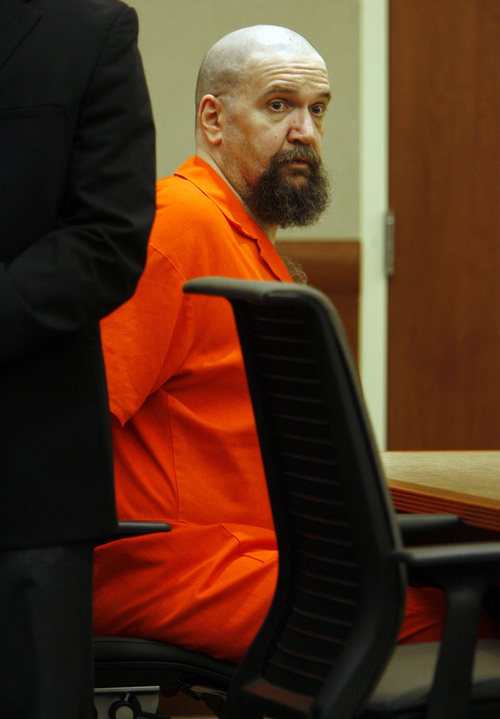This is an archived article that was published on sltrib.com in 2014, and information in the article may be outdated. It is provided only for personal research purposes and may not be reprinted.
The Utah Supreme Court on Tuesday rejected yet another appeal from condemned killer Ralph Leroy Menzies, but the death row inmate could still be years from possible execution.
Menzies was convicted by a jury in 1988 and sentenced to die for the 1986 kidnapping and slaying of Maurine Hunsaker, a 26-year-old mother of three.
Menzies, now 56, had challenged the constitutionality of Utah's appeals process; claimed that a previous court erred in rejecting several of his motions; and alleged that his former counsel provided ineffective assistance, including at trial, sentencing and on appeal.
"None of Mr. Menzies's claims have merit," the Utah Supreme Court wrote at the end of their 85-page opinion issued Monday morning.
The opinion noted that the Utah Supreme Court has previously issued three other opinions in Menzies' case during the 26 years since he was convicted.
Assistant Utah Attorney General Thomas Brunker said Menzies has 14 days to ask for a review of the state high court's ruling. Barring that, Utah will ask a federal district court to take up Menzies' appeal, which he filed several years ago.
After that, Menzies or the state would likely appeal any decision to the 10th Circuit and beyond, pushing back a possible execution date indefinitely.
Menzies, who has maintained his innocence over the years, is one of the remaining inmates who elected to be put to death by firing squad.
"I have, and always will maintain my innocence of the crime I'm on Death Row for," Menzies wrote in a letter in 2003. "I've done a lot of things in my life that I'm not proud of and would take back if possible, but killing someone is not one of them!"
In his appeal, Menzies outlined several instances in which he believes his former attorneys — he has been through more than a dozen over the years — failed him.
At trial and through sentencing, he was represented by then-defense attorney Brooke Wells, who is now a federal magistrate judge, and her co-counsel, Frances Palacios.
In his appeal to the Utah Supreme Court, Menzies accused them of failing to properly discredit witnesses, inadequate investigation, creating a conflict of interest by having him sign a liability waiver, being unprepared for the sentencing, not presenting mitigating evidence, hiding evidence of their errors, failing to object to a particular jury instruction involving the standard that a jury find him guilty "beyond a reasonable doubt" and not addressing Menzies's "alleged organic brain damage."
This question of brain damage, mental health and competence has come up numerous times over the years.
Menzies and his attorneys have argued that had he been allowed to plead guilty but mentally ill — or if a diminished mental capacity had been proven at the time of the crime — the outcome of the case would be different.
But the court ruled Tuesday that is not so.
"Pleading guilty but mentally ill would have no effect on the outcome of this case," the court wrote in its opinion, noting the court could have still imposed the death penalty if he had pleaded in such a way.
Brunker has argued that the only way Menzies could have received a reduction in penalty — or lesser charges — would have been if "when Menzies murdered Maurine ... a mental illness prevented Menzies from understanding that he was killing a person," court documents state.
As Menzies' case begins to wind its way through the federal system, it will be handled by a New Mexico district court judge.
All eight of Utah's federal judges recused themselves from the case, citing a conflict of interest given Wells and her prior involvement.
Twitter: @Marissa_Jae



